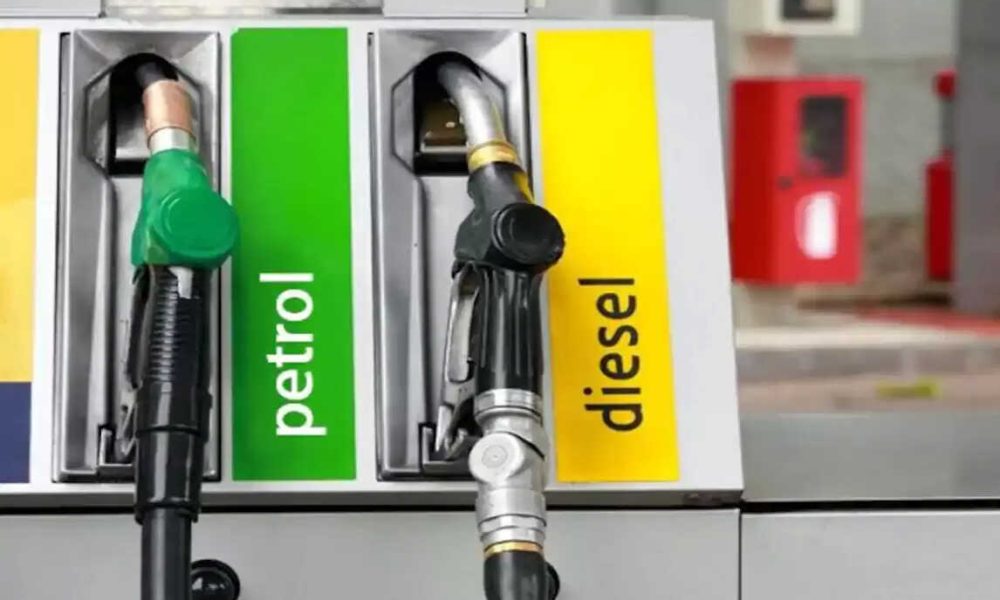Pastor Tonye Cole, a former governorship candidate in Rivers State, has stated that Nigerian refineries cannot sell a litre of Premium Motor Spirit (PMS) for ₦700 or less at this point in time.
He made this assertion on Tuesday during an interview on Channels Television, shortly after the Nigerian National Petroleum Company Limited (NNPCL) announced that the Port Harcourt refinery had begun refining crude oil.
The NNPCL disclosed that the Port Harcourt refinery would start operations at 60 percent capacity, producing 60,000 barrels per day. Additionally, the company revealed that the Warri refinery would soon commence petroleum product production.
Despite these positive developments, Cole, a prominent businessman and politician, highlighted the challenges that still persist, particularly regarding the importation of machinery and components necessary for refining operations.
Cole emphasized that the price at which PMS is currently sold in Nigeria remains lower than the cost of importing a similar volume of fuel.
He explained, “The price being sold in Nigeria is lower than what an imported cargo would land at.” This disparity, he noted, discourages most businesses from importing fuel, thereby reducing pressure on Nigeria’s foreign exchange reserves.
He further explained that Nigerians are already benefiting from reduced fuel importation as the local consumption of petroleum products has declined.
“The volume of consumption in Nigeria has dropped, and as a result, the pressure you used to have on foreign exchange has gone down because we’re no longer importing that much,” Cole said.
He also pointed out that crude oil transactions are conducted in naira, which has brought some relief to the economy.
“What you’re selling is in naira; naira is what you use in buying crude, so we’re already feeling the impact of that,” he added.
However, Cole stressed that achieving a PMS price below ₦700 remains unrealistic due to the structural and economic challenges in the industry.
He explained that while the refineries are operational, there are still significant costs associated with the imported components used during their refurbishment.
“All the things that were refurbished at the refinery were refurbished with products and machinery brought in from outside the country,” he stated.
This reliance on imported materials adds a substantial foreign exchange component to production costs.
In conclusion, Cole underscored the complexities of the situation, noting that the current pricing reflects broader economic realities.
Until Nigeria reduces its dependence on imported machinery and strengthens its local refining capacity, achieving a significant reduction in PMS prices will remain a daunting task.

